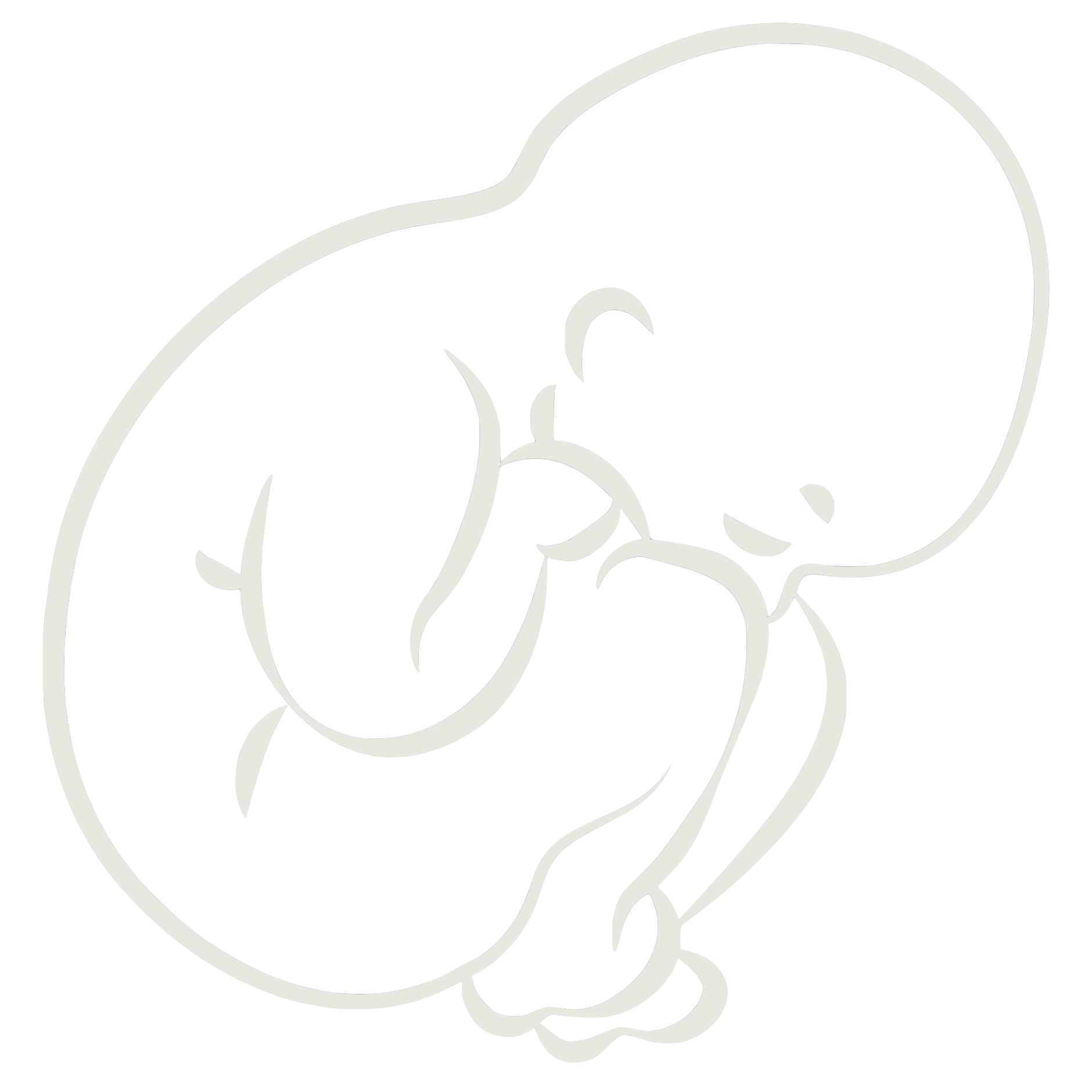
124 pregnant women of all ages, races, cultures and religious affiliations participated in the study. The study concluded at the end of April 2020.
Being pregnant amid the world-wide lockdown due to the novel coronavirus and COVID-19 is particularly stressful and pregnant moms across the country express their concerns on social media. As COVID‐19 still appears to be spreading, more infections in pregnant women are likely to be encountered in different regions, countries, and continents.
The new coronavirus pandemic, (COVID-19), is a rapidly spreading, infectious virus that cause acute respiratory disease, fever, cough, shortness of breath, and breathing difficulties, where patients have to be ventilated. In more severe cases, infection can cause pneumonia, severe acute respiratory syndrome, kidney failure and even death.
During pregnancy, physiological changes in the immune system and respiratory system is partially suppressed which makes the pregnant mom more susceptible to especially viral infections. Even seasonal influenza contributes to higher morbidity rates. To complicate matters, no effective vaccine to prevent the COVID-19 infection is available at present and it is unknown if the virus can be transmitted to the developing baby or newborn via breastfeeding.
The extensive lung damage by the virus substantially increases the risk of secondary bacterial pneumonia, so pregnant women with comorbidities, such as hypertension, TB, diabetes or HIV, may be at increased risk for severe illness consistent with the general population with similar comorbidities.
South Africa has been in total lock-down since March 13, 2020, initially for a period of 3 weeks. This had been extended by 2 weeks, because of the rapidly spreading virus and numbers of patients involved.
The researchers interacted with many of the women on Facebook, the internet and on WhatsApp and listened to their experiences of the lockdown. It is clear from these interactions that they all experience discomfort and psychological distress.
124 pregnant women of all ages, races, cultures and religious affiliations participated in the study. The study concluded at the end of April 2020.
To view or download the discussion findings, click the button below.

